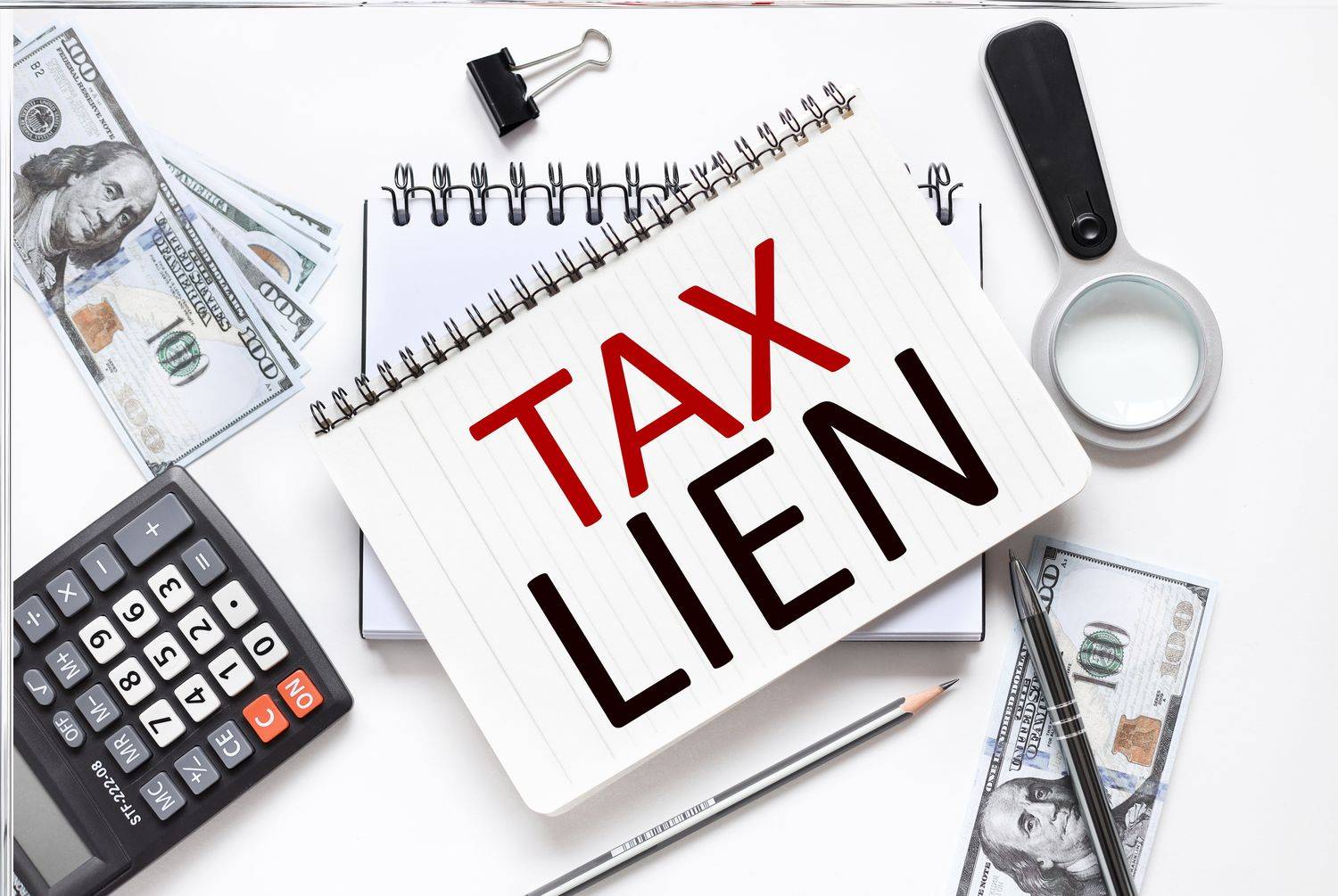Published August 7, 2025
💸 Tax Lien & Tax Deed Investing: A Guide to Profitable, Under-the-Radar Real Estate Strategies

If you're looking for a less conventional path into real estate investing—one that offers potentially high returns and lower entry costs—tax lien and tax deed investing might be worth exploring.
These methods allow you to invest in real estate without traditional property buying and, in many cases, without dealing with tenants or renovations. But they also come with unique risks and a learning curve.
In this blog post, we’ll break down what tax liens and tax deeds are, how they work, the difference between them, the pros and cons, and how to get started.
🔍 What Are Tax Liens and Tax Deeds?
When a property owner fails to pay their property taxes, local governments need a way to recover the lost revenue. This leads to two types of investment opportunities:
📌 Tax Lien Certificates
-
Issued by: Local governments (usually counties or municipalities)
-
What You’re Buying: A lien (legal claim) against the property for unpaid taxes, not the property itself
-
Your Role: You’re essentially lending money to the government to cover the delinquent taxes
In return:
-
The property owner must pay you back with interest, often between 8% and 24%, depending on the state
-
If the owner doesn’t pay within the redemption period (which varies by state), you may have the right to foreclose and take ownership of the property
📌 Tax Deeds
-
Issued by: Local governments after the redemption period has expired
-
What You’re Buying: The actual property, not just a lien
-
The government sells the property at public auction to recoup unpaid taxes
This means:
-
You may acquire property for far below market value
-
But the title may come with clouds (liens, code violations, or unrecorded debts)
🧭 Key Differences: Tax Liens vs. Tax Deeds
| Feature | Tax Lien Investing | Tax Deed Investing |
|---|---|---|
| You Acquire | A lien (not the property) | The actual property |
| Investment Return | Interest + possible foreclosure | Property appreciation or resale |
| Entry Cost | Typically lower | Usually higher (buying property) |
| Time Frame | Long (1–3 years) | Faster (days to months) |
| Risk Level | Moderate | High (due to title and condition) |
| Availability | More common in lien states (e.g., FL, AZ) | More common in deed states (e.g., TX, CA) |
📍 States That Offer Tax Liens vs. Tax Deeds
-
Tax Lien States: Florida, Illinois, Arizona, Colorado, Maryland, New Jersey
-
Tax Deed States: California, Georgia, Texas, New York
-
Hybrid States: Some states like Georgia and Texas offer both (e.g., redeemable deeds)
Always check your local county or state’s rules—they vary significantly.
📈 Why Investors Like Tax Liens and Deeds
✅ 1. High Potential Returns
-
Tax liens can earn double-digit interest rates, often 8%–18% depending on the jurisdiction.
-
Tax deeds can offer substantial equity if you acquire a property well below market value.
✅ 2. Low Initial Investment (Lien Certificates)
-
You can start with as little as a few hundred dollars.
-
Great for new investors to learn and experiment without major risk.
✅ 3. No Tenants, Toilets, or Turnovers (in lien investing)
-
You’re not managing property—you’re holding paper (a lien), similar to a bond or note.
✅ 4. Possible Property Acquisition
-
If the owner fails to redeem the lien, you may acquire the property for the cost of the unpaid taxes—a fraction of its value.
⚠️ Risks and Challenges to Watch Out For
❌ 1. Complex and Varying Laws
-
Each state has its own process, deadlines, auction rules, and redemption rights.
-
A mistake in paperwork or timing can cost you your investment.
❌ 2. Title Issues
-
Tax deed properties may come with liens or code violations.
-
You may need a quiet title action to clear ownership—a legal process that adds time and cost.
❌ 3. Property Condition Unknown
-
You often can’t inspect tax deed properties beforehand.
-
Many are abandoned or in poor condition—due diligence is critical.
❌ 4. Redemption Delays (for tax liens)
-
You may have to wait months or years before the lien is redeemed.
-
You earn interest, but your capital is tied up long term.
🔧 How to Get Started in Tax Lien or Tax Deed Investing
✅ 1. Choose Your Market
-
Research whether your state or a neighboring state is a lien or deed state
-
Look at county websites and auction calendars
✅ 2. Learn the Process
-
Each county has its own auction rules and timelines
-
Some auctions are online (via websites like Bid4Assets, GovEase, or RealAuction)
-
Read the local statutes or attend a local investor workshop
✅ 3. Conduct Due Diligence
-
For tax deeds: Research property condition, location, title history, liens, and zoning
-
For tax liens: Look at lien amount vs. property value and the likelihood of redemption
✅ 4. Attend Auctions
-
Start by watching a few auctions before participating
-
Bring cash or certified funds (requirements vary)
-
Know your bid limit in advance to avoid overbidding
✅ 5. Manage Your Portfolio
-
Keep accurate records of your investments
-
Monitor redemption dates, interest accrual, and legal timelines
🛠 Tools and Resources
-
County Assessor’s Website – For property details and tax status
-
Title Search Services – To check for liens or encumbrances
-
RealAuction / Bid4Assets – Online platforms for bidding
-
Nolo’s Tax Lien Books – Helpful legal primers for self-education
-
Local Real Estate Investor Associations (REIAs) – For networking and insider tips
💡 Real-Life Example
Imagine you buy a tax lien certificate in Florida for $2,500 at an 18% interest rate. The homeowner redeems the property 14 months later. You receive your $2,500 + 18% interest (prorated), earning you around $375—a solid return with minimal effort.
Alternatively, you bid $8,000 on a tax deed in Georgia, win the auction, and after clearing the title, you sell the property for $35,000. That’s a $27,000 profit, minus legal and rehab costs.
🧠 Final Thoughts
Tax lien and tax deed investing can be highly profitable but are far from passive. They require research, patience, and legal awareness. But for investors willing to do the homework, they offer unique advantages and the possibility of acquiring properties for pennies on the dollar.
Before jumping in:
-
Start small
-
Learn your local laws
-
Attend auctions to observe
-
Network with experienced investors
-
Always, always do due diligence





